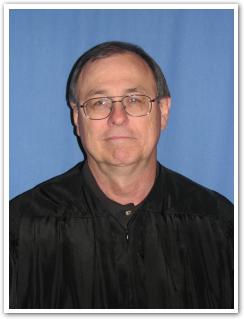This story is very interesting in light of Georgia’s territoriality
agreement which (I am not a lawyer) basically says not just anybody
can sell electric power to municipalities.
Mary Carr Mayle wrote for SavannahNow 27 September 2011,
Solar firm establishes energy trust
Two area doctors, co-owners of the Tabby Power Solar Co. in Bulloch
 County, have formed the Georgia Energy Trust Fund to direct part of
their company’s proceeds to the county.
County, have formed the Georgia Energy Trust Fund to direct part of
their company’s proceeds to the county.
And, while it will take more than a few generations – some 350
years, in fact – Savannah dermatologist Dr. Sidney P. Smith and
Brunswick pathologist Dr. Pat Godbey hope the trust fund will
eventually generate enough money to pay all of Bulloch County’s
budget and create a prototype other rural Georgia counties can
follow.
Initially, the doctors are donating 1.5 percent of the gross
receipts from their six-acre solar farm in Pembroke to the trust,
which will invest in state bonds for the county. The county will
then receive half of the earned interest, with the other half
reinvested for the county.
Interesting angle, that: they’re not directly selling the power
to the county; they’re using some of their income to buy bonds
for the county.
And they’re inviting others to do the same:
Other county solar installations, both private and public, will be
able to contribute to the fund, he said.
Will Georgia Power (or somebody) sue?
We’ll see!
And they didn’t wait for North Carolina or New Jersey to do it first:
Smith believes the Georgia Energy Trust is the first trust fund of
its kind in the country.
“It will lead to financial independence in the counties in
which it is enacted.”
Sounds like a plan to me!
-jsq
 that those are bills in Congress to censor the Internet.
that those are bills in Congress to censor the Internet.







 Moreover, I have just been notified that the Quitman 10 will be
traveling to Atlanta on Friday
Moreover, I have just been notified that the Quitman 10 will be
traveling to Atlanta on Friday
